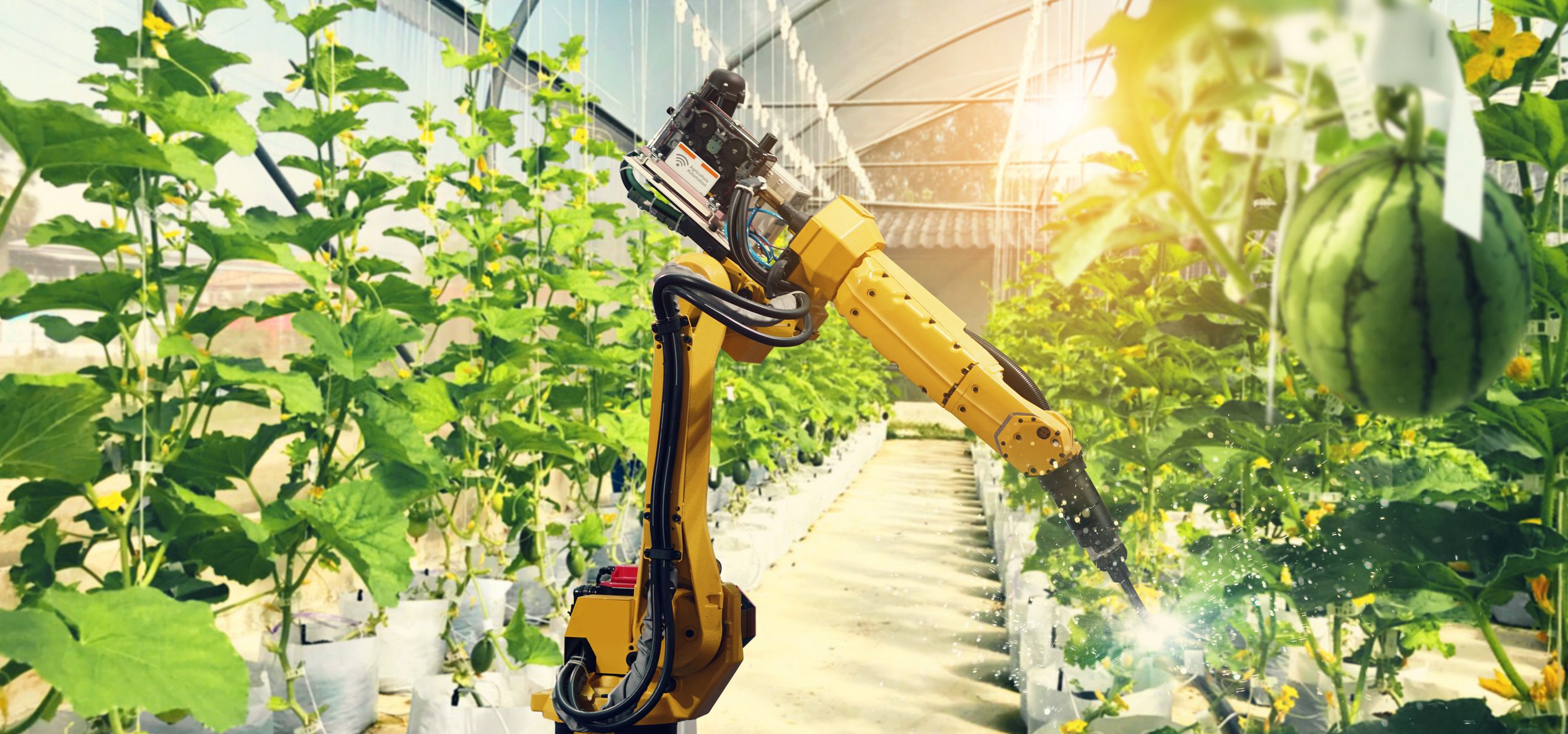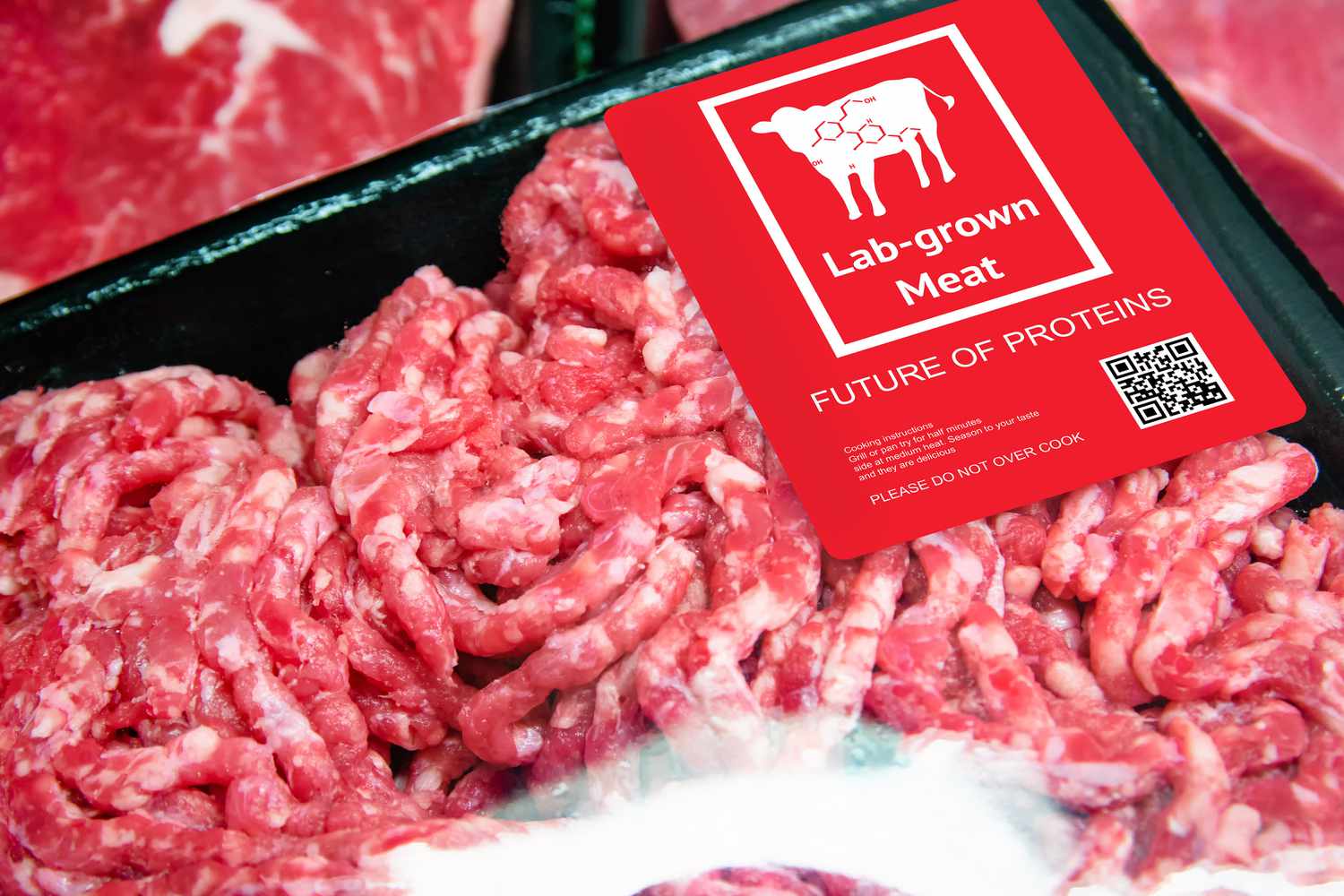Beans have long been identified as a good plant-based protein source
Replacing some red and processed meat with pea and fava bean (also called faba or broad beans) products is a nutritionally safe option to make diets more sustainable, according to a study by researchers at the University of Helsinki.
The BeanMan study substituted the legumes for a proportion of red and processed meat in the diets of one group of Finnish men for six weeks, while another group ate 760 grams of meat per week, the average consumed in Finland. The diet of the first group aligned with the upper limit of 200 grams of meat per week recommended in the Planetary Health Diet.
:max_bytes(150000):strip_icc()/9B409EA4-5D0D-4C52-91B5-738F5AD1940D_1_201_a-75056cfbbf714f65a335c64353209379.jpeg)
The researchers detected no differences between the two groups in bone formation or amino acid intake in the men, who were healthy and aged between 20 and 65 years. Calcium and vitamin D intake was also the same across both groups and well within prevailing dietary recommendations.
“Reducing red meat consumption is extremely important in terms of environmental impact,” said lead author Suvi T. Itkonen, a researcher in the Department of Food and Nutrition at the University of Helsinki. To achieve this, she said that “increasing the consumption of legumes cultivated in Finland, such as peas and faba beans, is safe from the perspective of protein nutrition.”
Itkonen noted that the participants in the BeanMan study were continuing to consume dairy products which were part of the ordinary diets, leaving their calcium and vitamin D intakes unchanged. But she explained plant-based dairy alternatives fortified with those nutrients, as well as supplements where necessary, can be substituted to maintain bone health.

** Click here to read the full-text **









